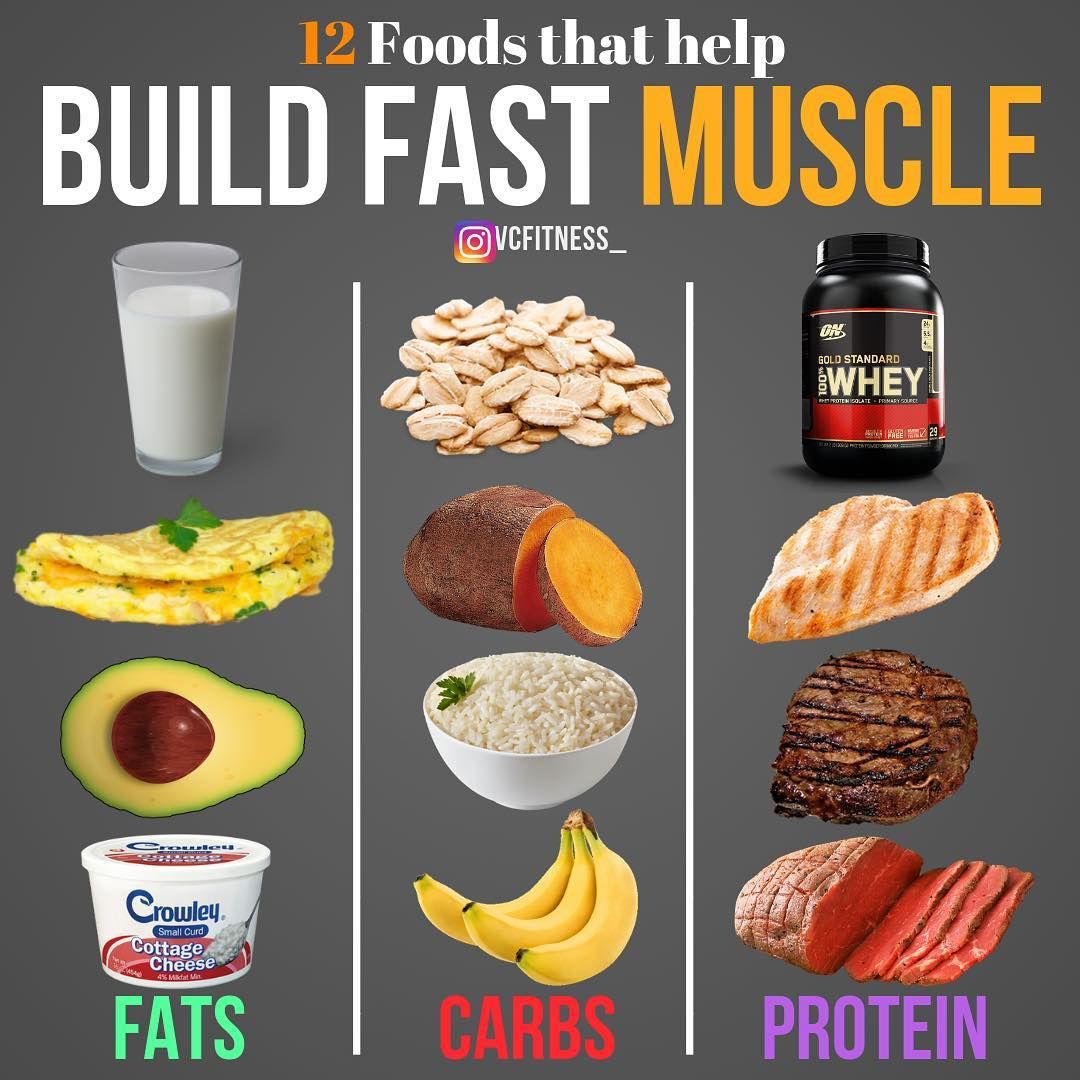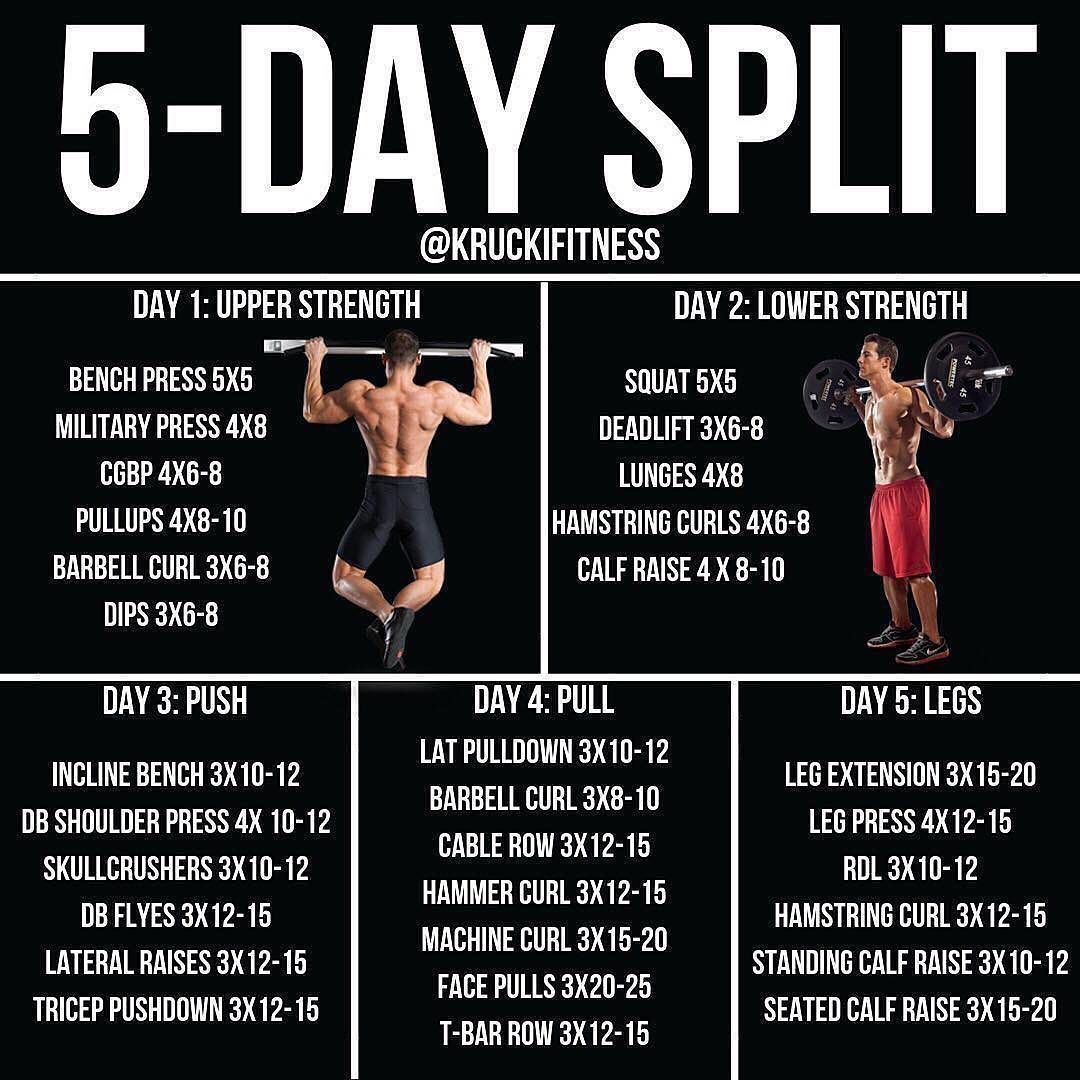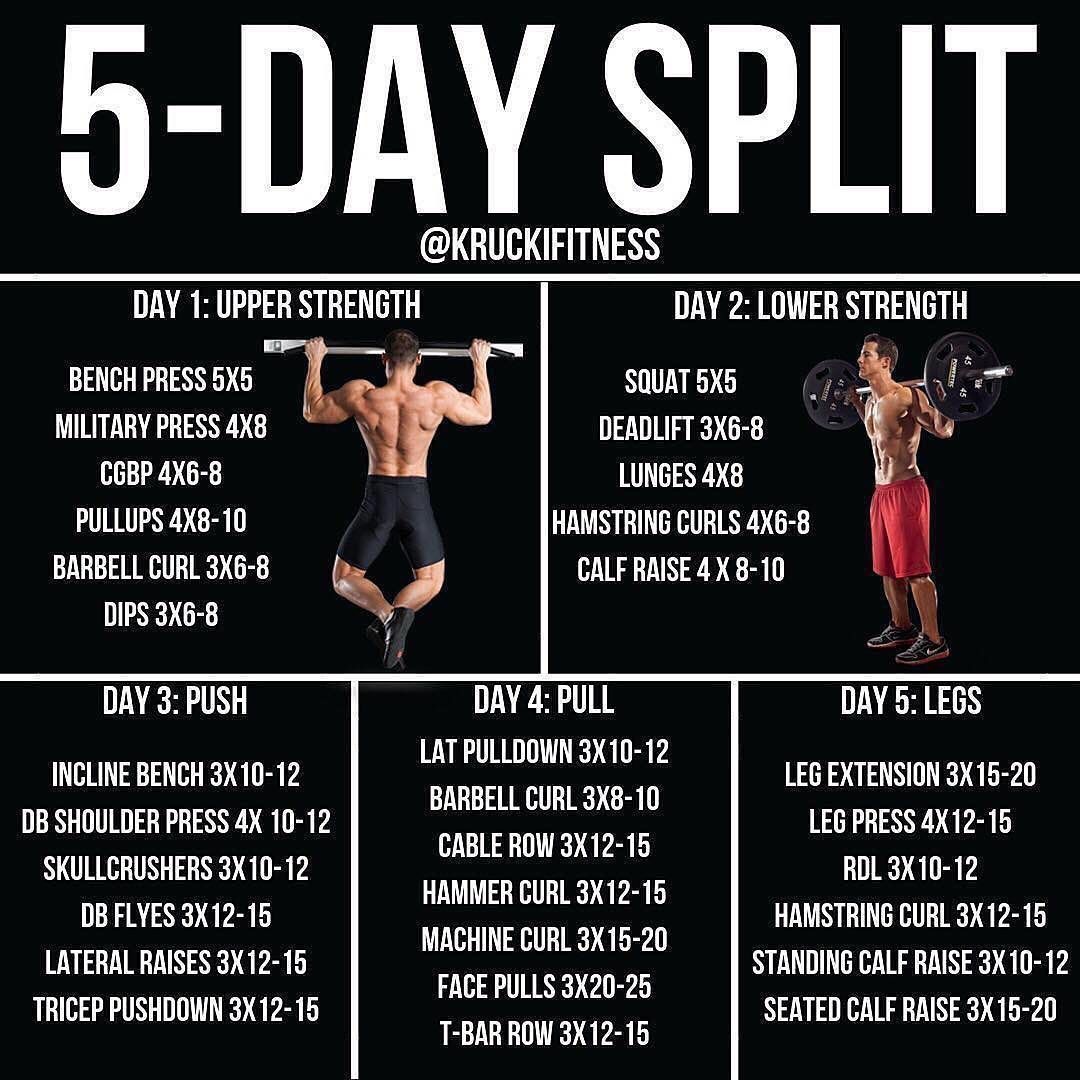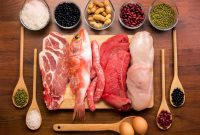Macronutrient Distribution for Muscle Growth
Nutrition plans for gym workouts to maximize muscle growth – Optimizing macronutrient intake is crucial for maximizing muscle growth. A well-structured diet provides the necessary building blocks and energy for muscle protein synthesis and recovery. Understanding the roles of protein, carbohydrates, and fats is fundamental to achieving your fitness goals.
Macronutrient Ratio for Beginners

A suitable macronutrient ratio for beginners aiming for muscle growth is approximately 40% carbohydrates, 30% protein, and 30% fat. The higher protein percentage supports muscle protein synthesis, while carbohydrates provide the energy for intense workouts. Fats are essential for hormone production and overall health. This ratio can be adjusted based on individual needs and responses.
Protein Intake and Muscle Protein Synthesis
Protein is the primary building block for muscle tissue. Sufficient protein intake is vital for muscle protein synthesis, the process where your body repairs and builds muscle. Examples of protein-rich foods include lean meats (chicken, turkey, fish), eggs, dairy products (Greek yogurt, cottage cheese), legumes (beans, lentils), and tofu.
High-Carbohydrate vs. Moderate-Carbohydrate Diets
High-carbohydrate diets provide ample energy for training and muscle glycogen replenishment, which is crucial for intense workouts. However, excessive carbohydrate intake can lead to fat storage if not balanced with sufficient activity. Moderate-carbohydrate diets can be effective for muscle growth, particularly when combined with adequate protein and strategic timing. The optimal approach depends on individual factors like activity level and metabolic rate.
Food Sources for Macronutrients
| Food | Protein (g/serving) | Carbohydrates (g/serving) | Fat (g/serving) |
|---|---|---|---|
| Chicken Breast (100g) | 30 | 0 | 2 |
| Brown Rice (1 cup cooked) | 4 | 45 | 1 |
| Salmon (100g) | 20 | 0 | 15 |
| Almonds (1/4 cup) | 6 | 6 | 14 |
Timing of Nutrient Intake: Nutrition Plans For Gym Workouts To Maximize Muscle Growth

Strategic nutrient timing significantly impacts muscle growth and recovery. Consuming the right nutrients before and after workouts optimizes muscle protein synthesis and glycogen replenishment.
Pre-Workout and Post-Workout Nutrition
Pre-workout nutrition should focus on easily digestible carbohydrates to fuel your workout. Examples include a banana, a small bowl of oatmeal, or a sports drink. Post-workout nutrition should prioritize protein and carbohydrates to repair muscle tissue and replenish glycogen stores. A protein shake with added carbohydrates or a meal containing lean protein and complex carbohydrates is ideal.
Nutrient Timing and its Impact
Nutrient timing, the strategic consumption of nutrients around workouts, influences muscle protein synthesis and glycogen replenishment. Consuming protein post-workout maximizes muscle repair, while carbohydrates replenish glycogen levels, preventing muscle breakdown and enhancing recovery.
Sample Meal Plan with Strategic Nutrient Timing
This is a sample plan; adjust portions based on individual needs and calorie targets.
- Pre-workout (1 hour before): Oatmeal (1/2 cup) with berries and a small amount of nuts.
- Post-workout (within 30 minutes): Whey protein shake (30g protein) mixed with banana.
- Lunch: Chicken breast (150g) with brown rice (1 cup) and steamed vegetables.
- Dinner: Salmon (150g) with quinoa (1 cup) and a side salad.
Key Nutrients Before and After Workouts
- Before Workout: Carbohydrates (for energy), providing readily available glucose for muscle function.
- After Workout: Protein (for muscle repair and growth), initiating muscle protein synthesis. Carbohydrates (for glycogen replenishment), restoring energy stores depleted during exercise.
Hydration and Electrolyte Balance
Proper hydration is essential for muscle growth, recovery, and overall health. Dehydration negatively impacts performance and recovery, hindering muscle growth. Maintaining electrolyte balance is equally crucial for optimal muscle function.
Hydration’s Role in Muscle Growth and Recovery
Water is crucial for transporting nutrients to muscles, removing waste products, and regulating body temperature. Dehydration can lead to reduced performance, muscle cramps, and impaired recovery. Adequate hydration supports optimal muscle function and growth.
Essential Electrolytes for Muscle Function, Nutrition plans for gym workouts to maximize muscle growth
Electrolytes like sodium, potassium, magnesium, and calcium are vital for muscle contractions, nerve impulses, and fluid balance. Sources include fruits, vegetables, dairy products, and sports drinks.
Maintaining Proper Hydration
Drink water consistently throughout the day, especially before, during, and after workouts. Monitor your urine color; pale yellow indicates adequate hydration. Adjust fluid intake based on workout intensity and duration.
Sample Hydration Plan
This is a guideline; adjust based on individual needs and sweat rate.
- Light workout (30 minutes): 500ml water before, 250ml during, 500ml after.
- Moderate workout (60 minutes): 750ml water before, 500ml during, 750ml after.
- Intense workout (90+ minutes): 1000ml water before, 750ml during, 1000ml after. Consider electrolyte supplementation for longer workouts.
Supplementation Strategies

While a balanced diet is paramount, some supplements can support muscle growth. However, it’s crucial to understand their benefits, drawbacks, and proper usage.
Benefits and Drawbacks of Common Supplements
Creatine monohydrate increases strength and power output. Protein powder provides a convenient source of protein. BCAAs (branched-chain amino acids) may reduce muscle soreness and fatigue. However, consult a healthcare professional before using any supplements, especially if you have pre-existing health conditions. Always adhere to recommended dosages.
Dosage and Timing of Supplements
Creatine is typically taken at 3-5g per day. Protein powder intake depends on individual protein needs. BCAAs are often consumed before, during, or after workouts. Follow product instructions and consult a healthcare professional for personalized guidance.
Types of Protein Powders
Whey protein is rapidly absorbed, ideal for post-workout recovery. Casein protein is digested slowly, providing sustained protein release. Soy protein is a plant-based option. The best choice depends on individual preferences and training goals.
Supplement Information Table
| Supplement Name | Benefits | Potential Side Effects | Recommended Dosage |
|---|---|---|---|
| Creatine Monohydrate | Increased strength and power | Water retention, stomach upset | 3-5g/day |
| Whey Protein | Rapid protein absorption, muscle growth | Allergic reactions (rare) | Varies based on individual needs |
| BCAAs | Reduced muscle soreness, improved recovery | Mild digestive issues (rare) | 5-10g before/during/after workout |
Sample Nutrition Plans for Different Training Splits
These sample plans demonstrate how macronutrient ratios and timing can be adjusted to suit different training splits. Remember to adjust portions to your individual caloric needs and preferences.
Upper/Lower Split Nutrition Plan
This plan prioritizes protein and carbohydrates around upper and lower body workouts.
- Day 1 (Upper Body): Pre-workout: Oatmeal with banana. Post-workout: Whey protein shake with berries. Lunch: Chicken salad sandwich on whole-wheat bread. Dinner: Lean ground beef with sweet potato and broccoli.
- Day 2 (Lower Body): Pre-workout: Whole-wheat toast with peanut butter. Post-workout: Casein protein shake with a banana. Lunch: Salmon with brown rice and asparagus. Dinner: Chicken breast with quinoa and mixed vegetables.
Push/Pull/Legs Split Nutrition Plan
This plan distributes macronutrients to support the specific demands of each workout type.
- Push Day: Focus on protein and carbs for chest, shoulder, and tricep recovery.
- Pull Day: Similar macronutrient focus for back and bicep recovery.
- Leg Day: Increased carbohydrate intake for high-intensity leg workouts.
Full Body Split Nutrition Plan
This plan ensures consistent protein and carbohydrate intake throughout the day to support muscle recovery from a full-body workout.
- Sample Meal (Post-Workout): A plate with 4oz grilled chicken breast, 1 cup brown rice, and 1 cup steamed broccoli. This provides a balanced mix of protein, carbohydrates, and fiber for muscle repair and energy replenishment.


